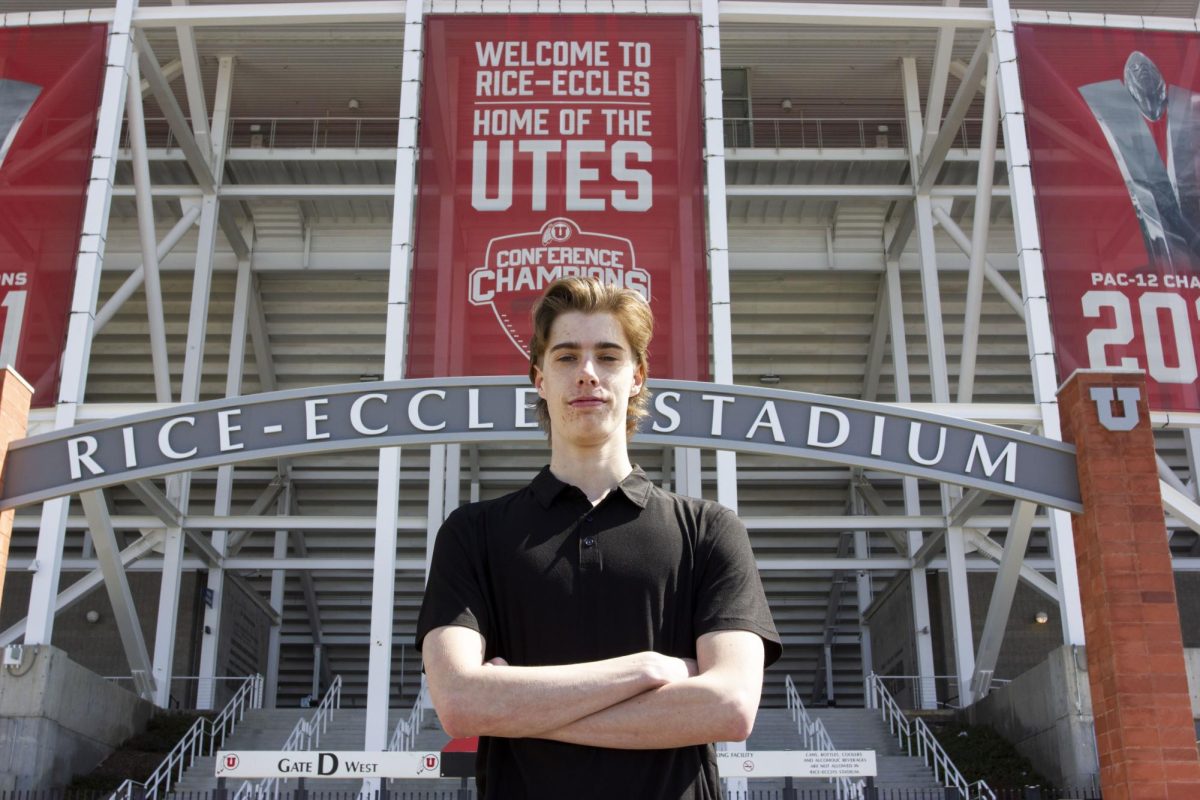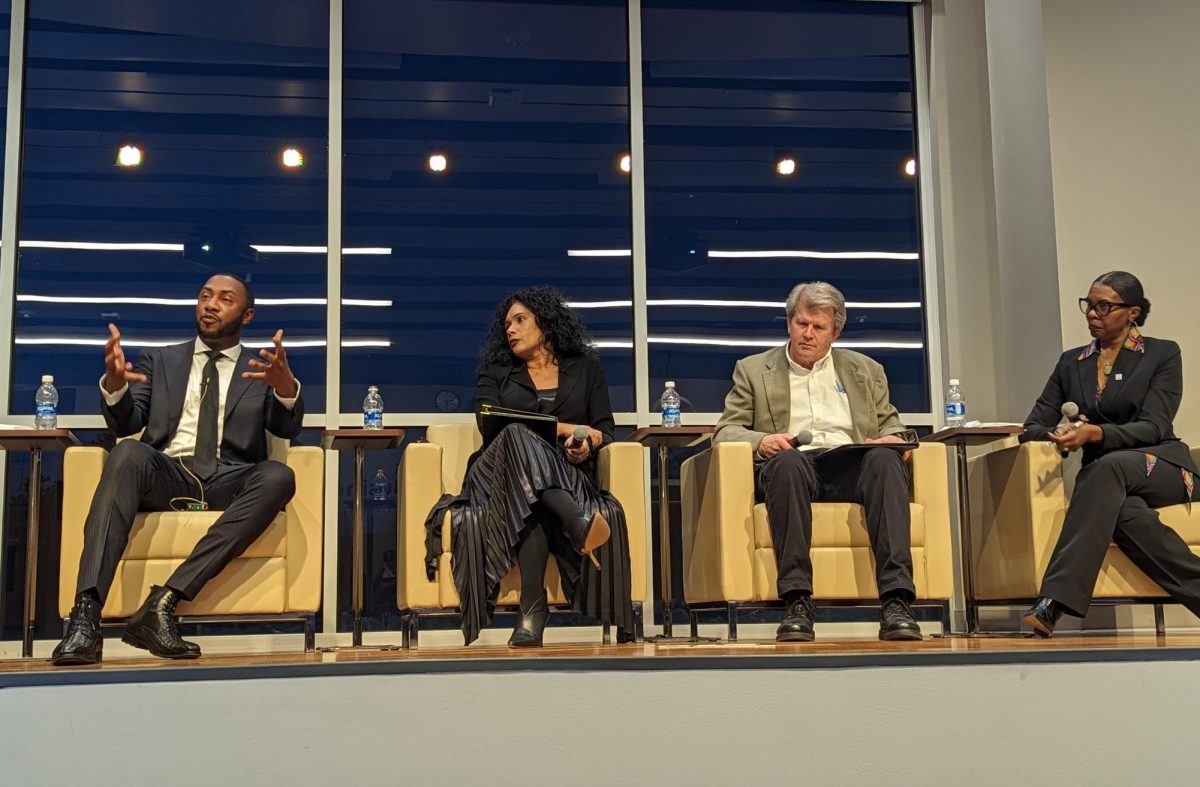
Karina Puikkonen / The Daily Utah Chronicle
Math education is struggling nationwide, but Utah has taken on the challenge to improve it.
Math for America, a national program that trains math teachers and transitions them into schools, is partnering with the U and Utah State University to provide an alternative route to licensing secondary school teachers in mathematics.
Hugo Rossi, a professor of mathematics at the U, brought the program to the state in 2009 after he saw a need for math teachers in Utah. At the time, the program was only in big cities in coastal states, and he thought it would be good to spread the program to more rural areas of the country. Utah is the only in-land state offering the program and the only state funding it publicly.
Utah placed 10 candidates in jobs in 2012. This year, the program is accepting 15 candidates in collaboration with the U and USU.
Maggie Cummings, the program’s manager, believes it shows Utah’s commitment to mathematics and education. The U’s connection also represents its strength in math education and teachers with varied experience.
Part of the reasoning behind this program is a desire to train teachers who might not have previously thought of math education as a career but have the necessary knowledge through math-related careers.
Through the program, potential teachers receive stipends, workshops, student teaching experiences, a mentor and a master’s of science in mathematics teaching, said Alison Jarrett, program assistant in the Center of Science and Mathematics Education at the U.
Darrin Bivens worked in engineering before deciding to go back and teach math. He was able to go through Math for America and is now teaching at Kearns High School.
“I was interested in getting a master’s degree in mathematics so I could have more expertise in what I was teaching,” he said. “The program paved the way. I would have had to go back to school.”
Rossi has seen success in the few years the program has existed in Utah. He said teachers trained in the Math for America program can impact teaching at a school or school district level because they often bring outside, real-life experience to mathematics. This in turn boosts students’ interest and enthusiasm.
Bivens tries to bring application to the math his students are learning in the classroom so they can better understand the implications of their studies. He said math is even important for students not going into a math-related field.
“Every once in a while, students will grumble about when they will ever use math,” he said. “I take that opportunity to give a speech about how I used that math concept. They’ve learned not to say that in front of me.”
Already, Math for America teachers are implementing professional development in districts and improving math education across the state, Rossi said.
What sets apart these teachers is they tend to stick around longer than most other math teachers.
“When looking at teacher shortage, number one is special education, and then its mathematics,” Cummings said. “It isn’t so much that we don’t have teachers, it’s that they leave.”
Because about 50 percent of teachers leave within the first five years, Math for America provides a support system and network. Old and new teachers can trade ideas and discuss new curriculum with others going through similar things, Jarrett said.
Both the U and Utah State University provide classes for the fellows during the first year, then connect the fellows with mentors and place them in different schools. They try to place the fellows in high-need schools, such as ones with many non-English speaking students or immigrants as well as rural locations like the Native American reservations, Cummings said.
Rossi said Utah is unique because it is sending teachers to remote areas around the state to improve math education everywhere rather than the most populated Wasatch range counties.
He said the state is a leading force in its efforts to boost math education because of the state’s energy for change.
“Utah is not afraid of initiative and innovation,” Rossi said. “We are able to move quickly in new directions. Sometimes it can hinder us, but with this program, it is a great benefit.”
Write for Us
Want your voice to be heard? Submit a letter to the editor, send us an op-ed pitch or check out our open positions for the chance to be published by the Daily Utah Chronicle.
@TheChrony
Print Issues
Write for Us
Want your voice to be heard? Submit a letter to the editor, send us an op-ed pitch or check out our open positions for the chance to be published by the Daily Utah Chronicle.
@TheChrony
Math for America strives to improve Utah education
April 3, 2013
View Comments (2)





















fastessays.co.uk • Apr 3, 2013 at 1:23 am
Thanks for this!!!
fastessays.co.uk • Apr 3, 2013 at 1:23 am
Thanks for this!!!